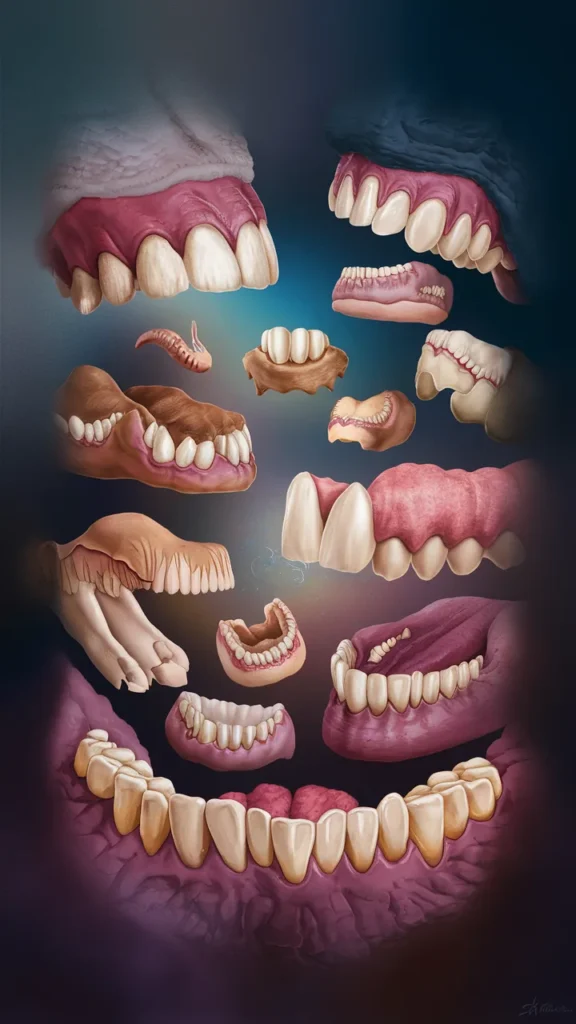Breakthrough in Dental Science: Japanese Researchers Develop Drug to Regrow Teeth At Kitano Hospital
Introduction
A revolutionary development in dental science is underway as Japanese researchers from Kitano Hospital have announced promising results from clinical trials of a new drug designed to regrow teeth. This groundbreaking therapy focuses on targeting a specific protein, marking a significant advancement in regenerative medicine and offering hope for millions suffering from tooth loss.
Background on Tooth Loss and Regeneration
Tooth loss, whether due to injury, decay, or disease, has long been a significant health issue. Traditional solutions, such as dentures, bridges, and implants, have provided functional and aesthetic benefits but fall short of restoring natural tooth structure and function. The concept of regrowing teeth has been a topic of interest in regenerative medicine, but achieving practical and reliable results has proven challenging until now.
The Research Team and Their Approach
The pioneering research is being led by a team at Kitano Hospital, renowned for its innovative approach to medical science. The team, led by Dr. Takashi Tsuji, has focused on a specific protein that plays a crucial role in tooth development and regeneration. Their approach involves using a drug to stimulate the activity of this protein, thereby initiating the growth of new teeth.
Mechanism of Action: Targeting the Protein
The drug developed by Dr. Tsuji’s team targets a protein known as USAG-1 (uterine sensitization-associated gene-1). USAG-1 is a negative regulator of tooth development. By inhibiting this protein, the drug removes the block on the natural pathways that promote tooth growth. This allows the body’s inherent regenerative capabilities to come into play, fostering the development of new teeth.
Clinical Trials: Phases and Results
The clinical trials for this drug have been conducted in multiple phases, each designed to test its safety, efficacy, and optimal dosage.
- Phase I: Initial trials focused on safety and dosage, involving a small group of volunteers. These trials confirmed that the drug is safe for human use and identified the appropriate dosage for subsequent trials.
- Phase II: This phase expanded the participant pool to assess the drug’s effectiveness in stimulating tooth growth. Results showed significant promise, with participants experiencing regrowth of one or more teeth without adverse side effects.
- Phase III: Currently ongoing, this phase involves a larger population to further evaluate efficacy and monitor long-term effects. Early data indicate consistent results, with a majority of participants showing substantial tooth regrowth.
Implications for Dental Health
The development of this drug has far-reaching implications for dental health. If successful, it could revolutionize the treatment of tooth loss, offering a natural and permanent solution. This would significantly improve quality of life for many, reducing the need for prosthetics and invasive procedures. Additionally, the psychological benefits of having a natural set of teeth cannot be overstated.
Future Prospects
The future looks promising for this line of research. As the clinical trials progress, there is growing optimism that the drug will become widely available within a few years. Beyond tooth regeneration, this research could pave the way for similar breakthroughs in other areas of regenerative medicine, highlighting the broader potential of protein-targeting therapies.
Conclusion
The innovative work of the Japanese researchers at Kitano Hospital represents a monumental step forward in dental medicine. By targeting a specific protein, they have developed a drug capable of regrowing teeth, offering a groundbreaking solution to an age-old problem. As clinical trials continue to show promising results, the prospect of natural tooth regeneration is becoming an exciting reality, heralding a new era in dental care and regenerative medicine.

